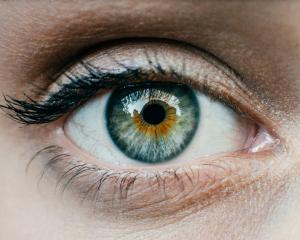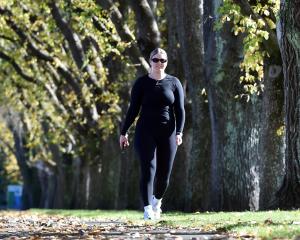
Prof Pitama (Ngāti Kahungunu, Ngāti Whare) is only the second woman appointed to the role.
The first was Dame Prof Linda Holloway, who held the position from 2005-06.
Prof Pitama said she felt ‘‘privileged’’ to step into the role in the year Otago Medical School celebrates its 150th anniversary and was honoured to be following in the footsteps of some of New Zealand’s most ‘‘revered and influential leaders’’ in medical education and research.
‘‘My journey has equipped me with a strategic vision for the future of medical education and an understanding of the unique challenges and opportunities within medical education and research, particularly in relation to indigenous health, social justice and equity.
‘‘I have a strong commitment to medical education, stakeholder engagement, community social accountability and leadership.
‘‘I look forward to contributing to the university’s ongoing commitment to Te Tiriti and leading the Otago Medical School towards a bright and sustainable future, focused on innovation, inclusivity and fostering a culture of ongoing collaboration between the deans of all three campuses [in Dunedin, Christchurch and Wellington].’’
Prof Pitama is a psychologist with a PhD in medical education and said from a young age it felt inevitable she would one day work in the health sector.
‘‘I come from a family of nurses — my mum, my aunties, my grandma were all nurses. So I think that health being part of family discussions was really normalised.
‘‘Then when I was in high school, I developed a passion for understanding how people think about things.’’
She has held many leadership roles at the university over the past 24 years — most recently as dean of the University of Otago (Christchurch) campus.
She was also former director of the Māori Indigenous Health Institute (MIHI), associate dean Māori and was a member of the MBChB curriculum committee, on which she chaired its Hauora Māori subcommittee.
Her work is grounded in cultural competency and safety, most notably in the development of an indigenous health model aimed at supporting both indigenous and non-indigenous health professionals to better embed cultural responsiveness into their practice.
She has significant experience in governance roles, serving on the boards of the Health Research Council of New Zealand and the Australian Medical Council and was the inaugural chairwoman of the Aboriginal, Torres Strait Islander and Māori Standing Committee.
She was also a University of Otago representative on the Leaders in Indigenous Medical Education (Lime) Reference Group and collaborated with experts from New Zealand, Australia and beyond to advance indigenous medical education.
She has worked with the Medical Council of New Zealand, developing pre-vocational and vocational accreditation standards, and contributed to medical school accreditation processes, both as an internal leader at the university and as an external assessor in Australia.
In 2015, she won the Prime Minister’s Supreme Award for Tertiary Teaching Excellence.
She won the Joan Metge Medal in 2018 for indigenous medical education, the Dame Marie Clay Award in 2023 for her work in educational and developmental psychology and was presented the inaugural Lime Lifetime Achievement Award last year.
Advertisement













